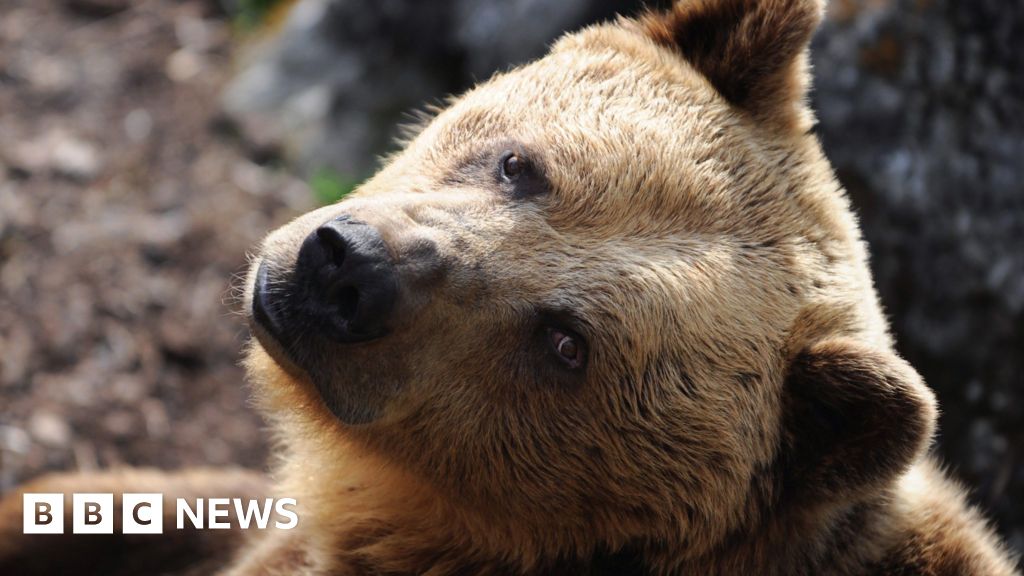The meat of brown bears, a protected species in the EU, could soon be available to eat in Slovakia after the populist government approved plans for sale.
Last month, the cabinet authorised a plan to shoot about a quarter of the country’s 1,300 brown bears in response to some recent fatal encounters.
The state-authorised slaughter has been criticised by conservationists and opposition politicians, including in the European Parliament. The brown bear is listed as a “near threatenend” species in the EU by the World Conservation Union.
However, Slovakia’s government is forging ahead with the plan and this week announced that meat from culled bears would be sold to the public to prevent waste.
From next week, organisations under the environment ministry can offer the meat for sale, provided all legal and hygiene conditions are met.
State Minister Filip Kuffa said it was wasteful that the animals had previously been sent to carcass disposal facilities.
“We will release every shot animal that meets certain conditions for consumption. Why? Because bear meat is edible,” he said.
Bears have become a political issue in Slovakia after a rising number of encounters with humans, including fatal attacks.
Slovakia ranks second in Europe, behind Romania which is estimated to have about 13,000 brown bears, for the number of attacks.
The country reported a total of 54 bear attacks from 2000-2020. The average number of attacks has also risen to 10 per year, rough figures suggest.
In April, a man was mauled to death while walking in a forest in Central Slovakia.
Shortly after, Prime Minister Robert Fico announced the cull, saying: “We can’t live in a country where people are afraid to go into the woods.”
He said his government would shoot up to 350 brown bears – a figure equivalent to the species’ entire population in Spain.
His government argues that a bear overpopulation problem has led to the attacks.
However environmental groups and critics say the focus should be on prevention.
Michal Wiezik, an ecologist and MEP for the opposition party Progressive Slovakia, told the BBC last month the government’s plan was “absurd” and it had already failed to limit the number of attacks “by the unprecedented culling of this protected species.”
Wiezik argued that thousands of encounters a year passed without incident and he hoped the European Commission would intervene.
Miroslava Abelova of Greenpeace Slovakia called the culling plan “completely reckless,” accusing the government of ignoring conservation laws and scientific advice.
Brown bears are strictly protected under EU directives, and may only be killed in exceptional cases – such as threats to public safety – when no other alternatives exist.
Bear meat is not commonly eaten in Europe and is considered a delicacy only in a few regions, such as parts of Eastern Europe and the Nordic countries.
In most EU member states, strict hunting rules and the protected status of the bears mean the meat is rarely available. When it is, it is usually from controlled culls or licensed hunting and not commonly found in restaurants or shops.
Where bear meat is consumed, health officials warn of the risk of Trichinella – a parasite that can cause serious illness in humans.
The European Union Food Safety regulation requires all bear meat to be tested for Trichinella larvae before it can be sold and the US’ Centre for Disease Control Prevention stipulates an internally cooked temperature of at least 70 degrees centigrade to kill the parasite. Freezing, smoking or drying the meat does not make it safe.
Source link
